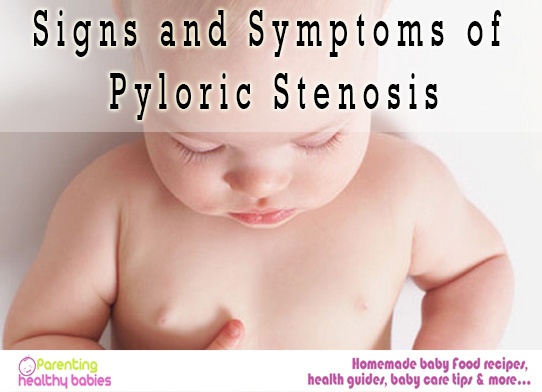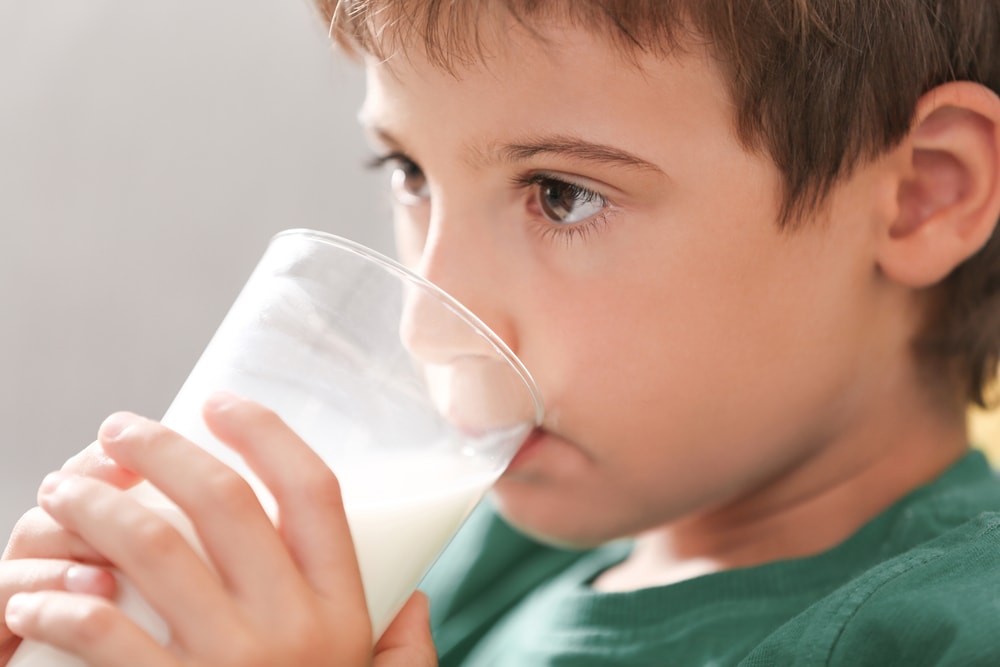About Pyloric Stenosis
Pyloric Stenosis is a health condition related to gastrointestinal tract in babies. This health condition affects the gastrointestinal tract and can make the baby vomit forcefully. Usually, it also results in other problems like dehydration. This health issue in kids requires immediate treatment with proper medical diagnosis.
Also referred as infantile hypertrophy pyloric Stenosis, it is a form of gastric outlet obstruction, which implies a blockage from the stomach to the intestines. The lower portion of the stomach that connects to the small intestine is called ‘pylorus.’ In pyloric disorder, the muscles in this part of the stomach enlarge, narrowing the opening of pylorus, eventually preventing the food from moving from the stomach to the intestines.
Pyloric Stenosis is looked upon as a multi-factorial trait or multi-factorial inheritance implies that numerous factors are involved in leading to a birth defect. Usually, these factors can be genetic as well as environmental. As a matter of fact, pyloric disorder is more common in male infants as compared to female infants.
This health condition is found to affect around 3 of every 1000 babies in the US. It is more likely to affect firstborn make infants and also run in the family if any of the parents suffers from the ailment. In addition, the risk of a baby getting Pyloric Stenosis increases by 20 % if any of the parent suffers from the problem.
Signs and Symptoms of Pyloric Stenosis
Usually, the symptoms of this gastrointestinal disorder begin to show when the baby is about three weeks old. Some common and alarming ones include:
1. Vomiting
This is another initial symptom of Pyloric Stenosis. Initially, it might seem that the baby is just spitting up quite often, but later it tends to turn into projective vomiting characterized by forceful ejection of breast milk or formula from the mouth. Usually, projectile vomiting occurs soon after the end of feeding. But, in some cases, it can happen even hours later.
Another sign is that the vomited milk might smell curdled due to stomach acid mixed with it. However, the vomit doesn’t contain bile (a greenish fluid from the liver that mixes with digested food after leaving the stomach).
In addition to vomiting, the baby with Pyloric Stenosis usually gets hungry again soon after vomiting. Most importantly, please note that even with the vomiting, the baby might not seem to be in severe pain or look very ill in the first place.
2. Change in Stools
Babies suffering from pyloric disorder generally have smaller, fewer stools. This is because little or no food is reaching the intestines. Yet another symptom is constipation or poop with mucus.
3. Weight Loss or Insufficient Weight Gain
Usually, babies suffering from pylorus disorder fail to gain desired weight or lose weight abnormally. Moreover, they can also get dehydrated with conditions getting worse.
Dehydrated babies are less active than other babies. Also, they might develop a sunken “soft spot on their heads along with sunken eyes and skin appearing wrinkled. Yet another symptom is that they pee less and, therefore, they can stay more than 4-6 hours between wet diapers.
4. Waves of Peristalsis
In case of Pyloric Stenosis, the stomach contractions increase usually after feeds to take the form of noticeable ripples moving from left to right over the baby’s belly while the stomach tries to empty itself against the thickened pylorus.
Is Pyloric Stenosis a Matter of Concern?
Surely Pyloric Stenosis is a matter of high concern in infants. It is probably the second highest disease that requires surgery in infants. Since stomach opening gets blocked and babies start to vomit, various problems can occur, dehydration being the most serious one. Moreover, when a baby vomits regularly, he/she doesn’t get sufficient liquids to meet the required nutritional needs. Babies have smaller bodies than adults and, therefore, cannot tolerate loss of fluids as easily as adults. Also, the essential minerals required by the body to stay healthy, like potassium and sodium, also go out from the body with vomits. Babies lacking the appropriate amount of minerals and water in the body can become ill very easily and quickly. Therefore, make it a point to consult your pediatrician at the earliest if you notice any of the above mentioned symptoms in your baby.













